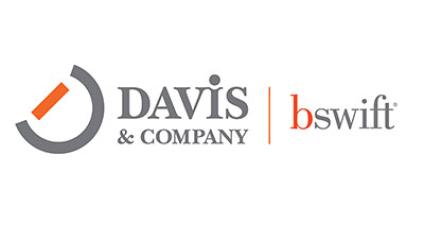
Remember the last time a friend said “hello” out of the blue? How did you feel? Perhaps surprised. Maybe it brought a smile to your face. But likely you thought, “That’s nice she was thinking of me!”
There’s recent research published in the Journal of Personality and Social Psychology that says the simple act of reaching out means a lot to the receiver—whether it’s a call, email or even a text. And those who initiate a contact, underestimate how much it’s appreciated. The researchers also learned that if the contact was unexpected, it was even more powerful.
When I read the researchers’ findings, I immediately thought of our research with employees. Employees often talk about wanting to hear from their leaders and managers. They use words such as “informal, authentic and simple” to describe the communication they want.
Here’s how a manufacturing employee described the impact of informal communication moments to me, “Those small ten-minute information breaks when we take time out of our day to chat, go a long way.”
As communicators, we often help leaders and managers with formal communication—from decks and talking points to FAQs. But this new research is a great reminder that quick-touch, informal communication can be an important addition to a leader/manager communication strategy. The idea is to keep it simple, so it doesn’t feel forced. Ask leaders and managers to try one idea a month to get started.
For leaders, this could mean:
- Popping up at meetings their direct reports facilitate regularly: “How are you doing? I’d like your feedback on our recent initiative. What’s getting in the way?”
- Turning to internal social tools and responding to a post or checking on a team.
- Stopping by a colleague’s office or knocking on someone’s virtual door: “Just wanted to say hello.”
For managers, this could mean:
- Saying hello to an employee she/he hasn’t interacted with for a while
- Conducting quick, impromptu huddles with small teams: “I know it’s a busy week. How is everyone doing?”
- Sending a written note (or email), “You did a great job with that presentation,” or “Have a great vacation. You deserve it!”
While these straightforward tactics may not feel like much, they signal to employees that leaders and managers care, and are interested in what’s going on. And they help leaders and managers build trust.




